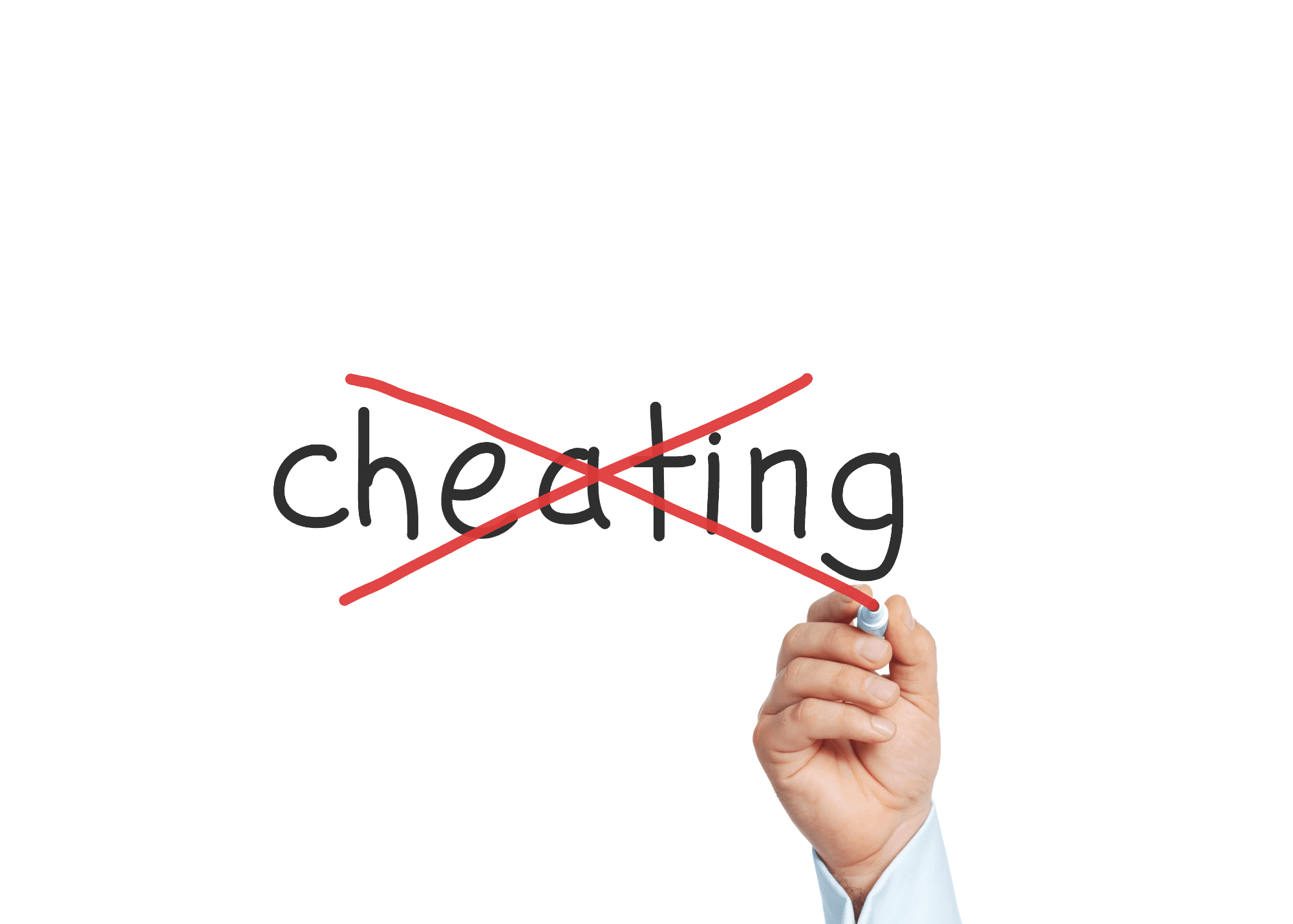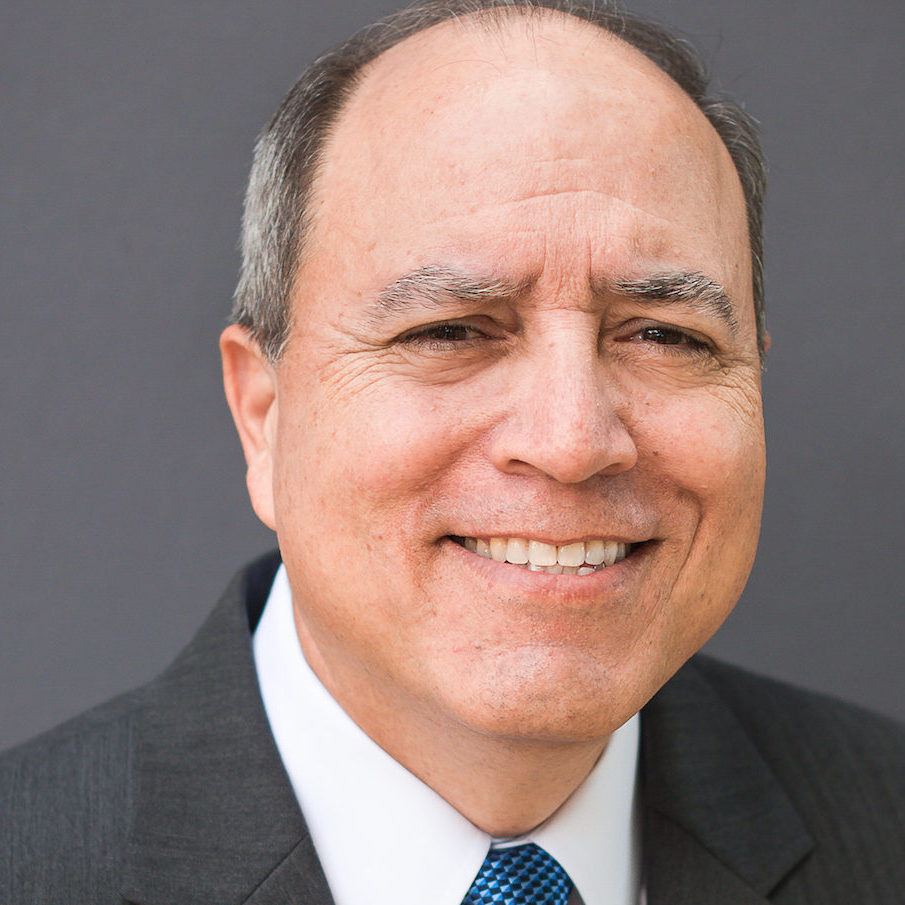Why Don’t More States Enact Drug Test Cheating Laws?
This information is provided for educational purposes only. Reader retains full responsibility for the use of the information contained herein.
Drug test cheating is a problem that won’t seem to go away. Drug test providers and their customers are concerned about the issue. In a recent survey conducted by the Current Consulting Group of employers who drug test, 68% of employers expressed some level of concern for drug testing cheating with 17% indicating that they were “very concerned.”[1] No one knows the precise percentage, but many drug testing experts believe that at least 10% of all drug test samples have been adulterated, switched or tampered with in some manner.[2]
That seems high, doesn’t it? But consider this: according to a recent federal government report, more than 51% of all drug users are employed and 52.5 million Americans aged 12 and older admit to being regular marijuana users.[3] Yet, only 4.6% of all drug tests are positive according to one major laboratory.[4] Search the internet for “beat the drug test” and millions of sources will pop up offering advice and/or products and services to help would-be cheaters beat the system. Given all that, the rate of drug test cheating could be higher than 10%.
Sage James of Colorado Mobile Drug Testing, a company owned and operated by Chuck Marting, wrote on a social media platform: “Only 8 collections this morning and 4 of those provided synthetic urine… this could definitely be an indication that passing recreational drug laws is a major issue for Colorado employers.”
“It’s not uncommon between our two offices to have 5-10 per day with synthetic urine,” Marting said. “I’ve done a lot of teaching and training on it. Collectors need to ask questions of donors to learn if they have synthetic urine on them without creating a confrontation. We’re hyper aware of the situation here and have been very successful in thwarting such efforts.”
Marting added: “Drug test cheating is a nationwide problem thanks to the legalization of marijuana, but it’s not just marijuana. Here in Colorado we just legalized psilocybin and MDMA for mental health treatment.”
State laws that make it a crime to cheat or help another person cheat on a drug test can help combat the problem. Surprisingly not all states have enacted such laws. Texas, one of the first states to pass such a law, considers a person guilty of a misdemeanor if that person “knowingly or purposefully manufactures, delivers, owns, uses, or possesses a substance or device designed to falsify a drug test result.”[5] While Arkansas states that “attempting to defraud a drug test (substitution, adulteration, dilution, etc.) is a Class B misdemeanor under state law, punishable by up to 90 days in jail and/or a $500 fine.”[6]
South Carolina has a comprehensive law regarding individuals who “attempt to foil or defeat a drug or alcohol screening test by the substitution or spiking of a sample or the advertisement of a sample substitution or other spiking device or measure; adulterate a urine or other bodily fluid sample with the intent to defraud a drug or alcohol screening test.” The penalty for first-time offenders includes a fine of up to $5,000, or up to 3 years in prison, or both.[7] In North Carolina, a person found guilty a second time of helping another person cheat on a drug test is guilty of a Class I felony.[8] Other states with anti-drug test cheating laws include Nebraska, New Jersey, North Dakota, Oregon, Pennsylvania, Virginia, and Wyoming.
Considering the rapid rate at which drugs like marijuana have been legalized it is increasingly important for laws that discourage cheating to be passed in every state. Employers can and should encourage their local representatives to introduce drug test cheating bills or a “South Carolina” type bill to help combat the negative effects of drug use in the workplace and on job sites.
Marting said he deals with cheaters virtually every day, but he says they need to be treated with respect. Sometimes, he said, it can lead to some humorous encounters. “I recently had a guy get caught trying to pass a drug test with synthetic urine. I very calmly explained that there was something wrong with his urine sample and that it appeared to be synthetic. The guy then gave me a high five and said ‘Congratulations.’ When I asked him why, he said it was the first time he had gotten caught in 10 years of drug test cheating.”
Drug testing deters some people from using drugs and drug test cheating laws deter some people from trying to subvert the process. In all cases, employers benefit from knowing what the applicable laws say in their states. Business owners should contact drug testing experts when crafting a policy to ensure they are getting the most out of their investment, both in the business as a whole and in their drug testing program.
© 2010-2023 The Current Consulting Group, LLC – No portion of this article may be reproduced, retransmitted, posted on a website, or used in any manner without the written consent of the Current Consulting Group, LLC. When permission is granted to reproduce this article in any way, full attribution to the author and copyright holder is required.
[1] 2023 Current Consulting Group Employer Drug Testing Survey. Published 10/2023.
[2] 2023 Current Consulting Group Drug Testing Industry Survey. Published 5/2023.
[3] https://www.samhsa.gov/data/release/2021-national-survey-drug-use-and-health-nsduh-releases. Retrieved 11/1/2023.
[4] https://www.questdiagnostics.com/business-solutions/employers/drug-screening/knowledge-center/drug-testing-index. Retrieved 11/1/2023.
[5] https://codes.findlaw.com/tx/health-and-safety-code/health-safety-sect-481-133.html. Retrieved 11/1/2023.
[6] chrome-extension://efaidnbmnnnibpcajpcglclefindmkaj/http://www.awcc.state.ar.us/rules/rule099_36.pdf. Retrieved 11/1/2023.
[7] https://www.lawserver.com/law/state/south-carolina/sc-code/south_carolina_code_16-13-470. Retrieved 11/1/2023.
[8] chrome-extension://efaidnbmnnnibpcajpcglclefindmkaj/https://www.ncleg.net/EnactedLegislation/Statutes/PDF/BySection/Chapter_14/GS_14-401.20.pdf. Retrieved 11/1/2023.



